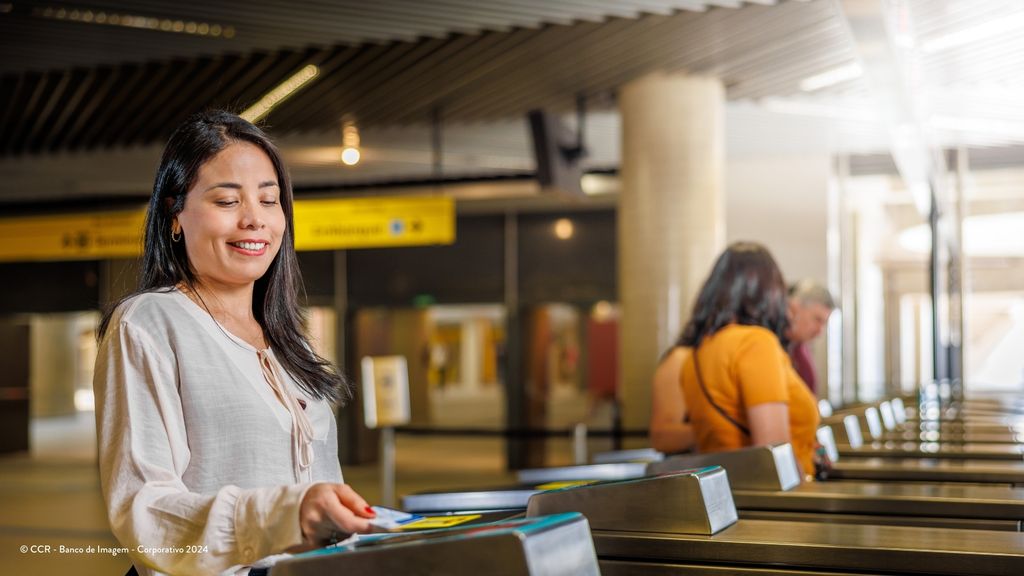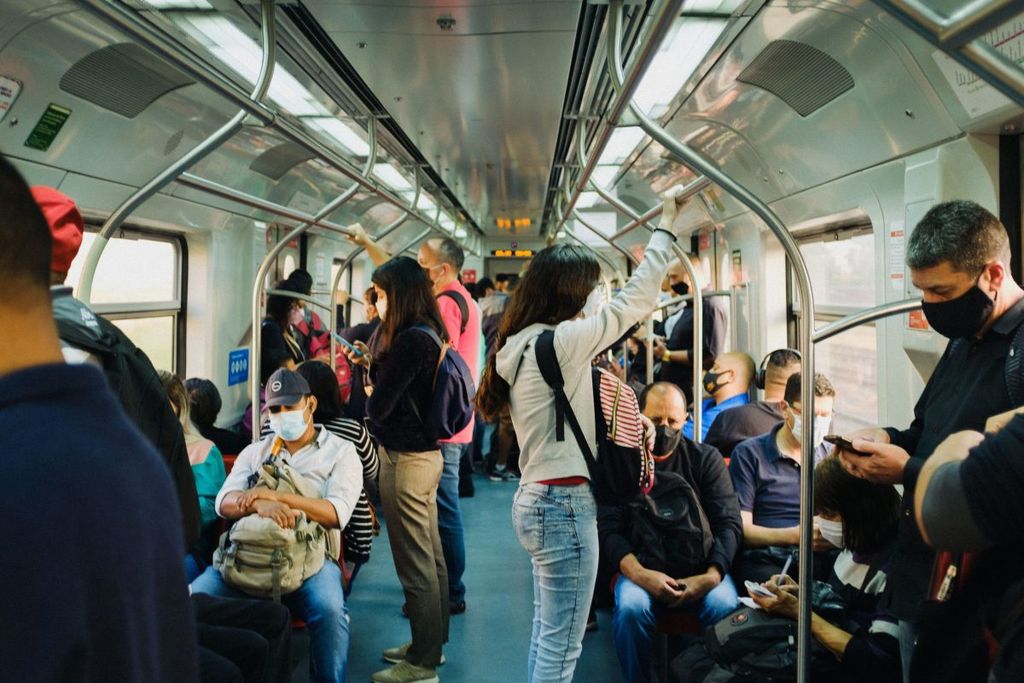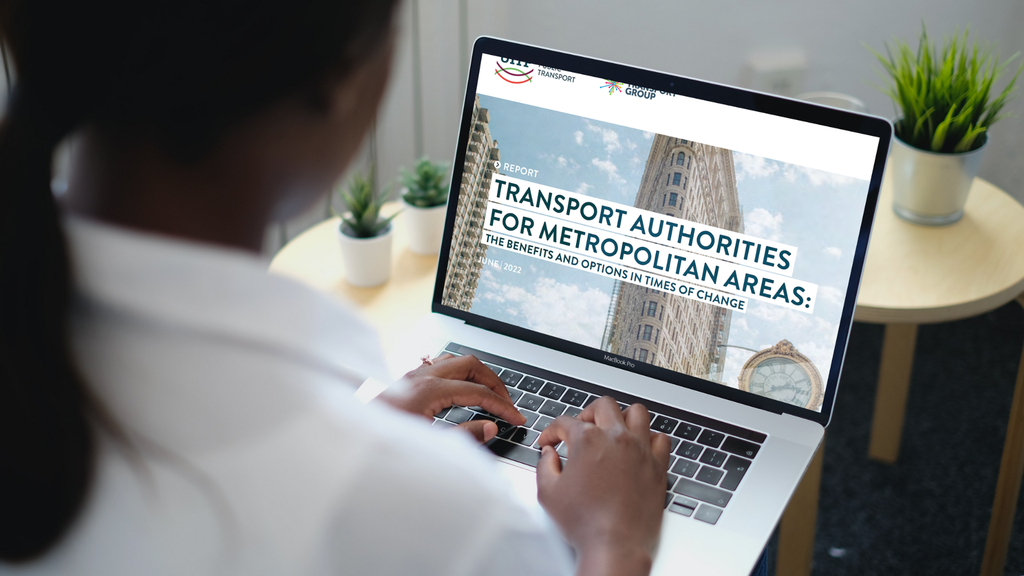
Full free fare public transport: Objectives and alternatives
A path to tackling environmental and societal challenges?
At a time when cities face serious environmental and societal challenges, sustainable urban mobility has never been this high up on the agenda. With the transversal role that public transport plays in terms of urban quality of life, increasing and facilitating its access is a major challenge. Following this line of thought, the concept of free fare public transport (FFPT) has been gaining traction in the public discourse, as several large cities have implemented or experimented with it.
While free public transport is often brought up in political discussions, its implementation has very concrete implications on the organisation of public transport. Yet, the strengthening of public transport services and infrastructure must remain the overarching principle throughout these discussions. It is therefore crucial to carefully consider the stated objectives which this measure is meant to achieve as well as its impacts, in order to decide whether or not it is the most appropriate use of public funds. In doing so, one must keep in mind that free public transport as such does not exist, as transport service and infrastructure has to be funded one way or another. Hence the reference to free fare public transport means that public transport users do not contribute to funding the service directly through the payment of a fare.
Drawing from the experience of FFPT cities, this Policy Brief provides an analysis of the various stated objectives and the extent to which FFPT is the right tool to achieve them. Finally, it offers recommendations for public transport authorities and decision makers who are contemplating full FFPT as an option for their cities.
Download the Policy Brief (French)
Download the Policy Brief (Spanish)
Download the Policy Brief (Arabic)
exclusive resources







